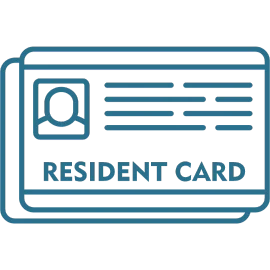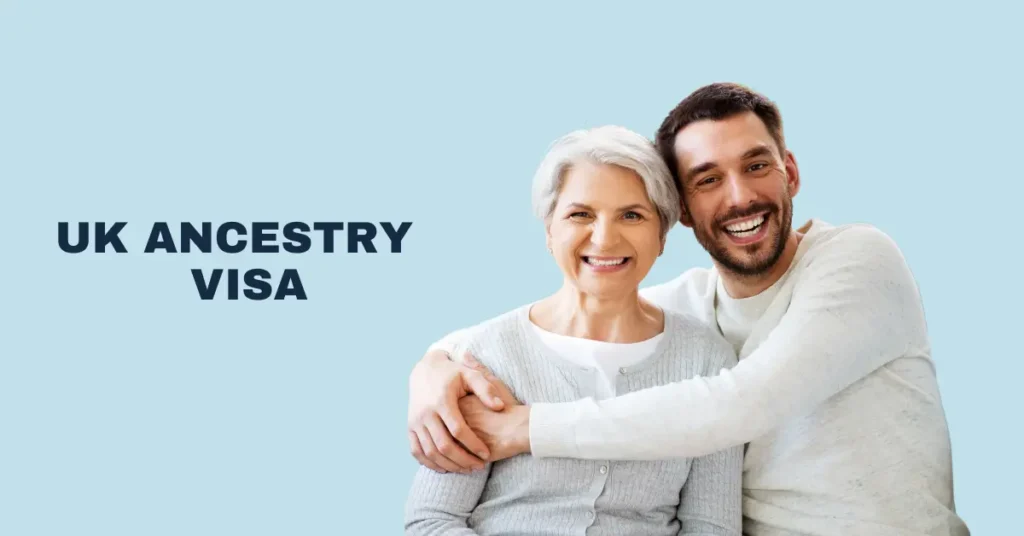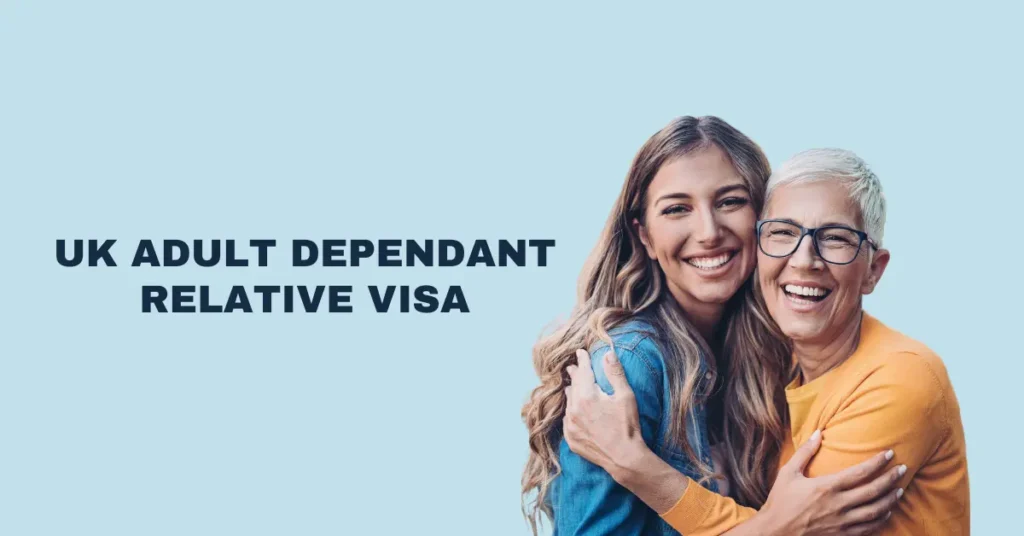What is the UK spouse visa?
The UK Spouse Visa (also known as the Partner and Spouse Visa) allows eligible foreign nationals to join and live with their partner in the UK if they are a British citizen or settled person (e.g. someone with Indefinite Leave to Remain or EU Settled Status). You do not automatically have the right to live in the UK simply because you are married to a British citizen. You must apply for a Spouse Visa to live in the UK with your partner.
Eligible applicants include those who are married, in a civil partnership, or unmarried. To apply, you must meet a set of eligibility criteria, which are outlined in detail below.
If granted, a Spouse Visa is initially granted for up to two years and nine months. You can then extend your stay and later acquire Indefinite Leave to Remain (ILR), which allows you to remain permanently in the UK without being subject to immigration rules. Once you have ILR, you may be eligible to apply for British citizenship by marriage.
Who can apply for a spouse visa?
As a foreign national, you can apply for a UK partner and spouse visa if your partner in the UK is a:
- British or Irish citizen (either by birth or naturalisation)
- Settled person in the UK with Indefinite Leave to Remain (ILR), permanent residence, or EU Settled Status
- Refugee or person with humanitarian protection in the UK
- Turkish Businessperson or Turkish Worker visa holder
You must intend to live together in the UK after you move here (if you’re not here already), and you must provide evidence of your genuine and subsisting relationship.
UK spouse visa requirements 2023
To successfully apply for a partner and spouse visa, you must meet a set of strict eligibility requirements, including:
- Evidence of a genuine and ongoing relationship with your partner in the UK
- Ability to financially support yourselves with a minimum gross annual income of £29,000
- Suitable accommodation in the UK
- English language proficiency at least at level A1 for your first visa application
Genuine relationship requirement
To show that you are in an eligible relationship, you must meet one of the following criteria:
- You must be in a civil partnership or marriage that is legally recognised in the UK.
- You must have been living together in a relationship for at least two years.
- You must plan to get married or enter into a civil partnership in the UK within six months of arriving.
Importantly, UK Visas and Immigration (UKVI) will want to be sure that you are in a genuine and ongoing relationship. They are always alert to the possibility of “sham” marriages or relationships, in which applicants falsely claim to be in an eligible relationship when they are not.
If you are unsure whether you meet the requirements for a genuine relationship, please speak to one of our immigration solicitors. They will be able to confirm this for you.
Financial requirements for UK spouse visa
The spouse visa application requires the applicant and their UK-based partner to have a combined gross annual income of £29,000.
Only the following sources of income will be considered:
- Income from employment or self-employment
- Pensions of the applicant and/or partner
- Maternity allowances or bereavement benefits received by the partner in the UK
- Any other income and/or savings specified by the applicant and/or partner
Sponsors who receive income from any of the following sources are exempt from meeting the financial requirement:
- Disability living allowance
- Severe disablement allowance
- Armed Forces Independence Payment or Guaranteed Income Payment under the Armed Forces Compensation Scheme
- Mobility Supplement, Constant Attendance Allowance, or War Disablement Pension under the War Pensions Scheme
- Police Injury Pension
- Industrial injury disablement benefit
- Attendance allowance
- Carers’ allowance
This means that sponsors who receive one of these benefits do not need to show that they earn £29,000 (or more).
It is important to note that even if a partner qualifies for exemption, the applicant must still show that they have enough funds to maintain themselves in the UK and have adequate accommodation (without recourse to public funds). For further assistance, please speak to one of our immigration solicitors.
English language requirement
Partner and spouse visa applicants must demonstrate sufficient English language proficiency. This can be done in three ways:
- Passing an English language test: Applicants meet the English language requirements by passing a Common European Framework of Reference for Languages (CEFR) English test from an approved testing centre at a minimum level of A1 in speaking and writing. To extend their stay in the UK later, applicants must pass at least a CEFR level A2, demonstrating continuous improvement over time.
- Academic qualifications: Applicants also meet the English language requirements if they have a degree or other academic qualification taught in English.
- Exemptions: Applicants exempt from the English language requirements include those who:
- Are over 65 years old.
- Have a physical or mental condition that prevents them from meeting the requirement
- Are from one of the following countries: Antigua and Barbuda, Australia, the Bahamas, Barbados, Belize, Canada, Dominica, Grenada, Guyana, Jamaica, New Zealand, St. Kitts and Nevis, St. Lucia, St. Vincent and the Grenadines, Trinidad and Tobago, or the USA.
Accommodation requirements
Applicants must show that they have suitable accommodation in the UK that:
- Is owned or occupied exclusively by the applicant and their family members
- Has sufficient living space for all occupants
- Meets all public health requirements
UK spouse visa required documents checklist
You will need to provide the following documents with your partner and spouse visa application:
- Completed application form and application fee
- Valid passport(s)
- Evidence of your genuine and subsisting relationship (e.g., shared bills, photographs, correspondence, messages)
- Proof of English language proficiency (e.g., CEFR exam certificate)
- Two passport-sized colour photos that meet the requirements set by the UK
- Proof of financial requirements (e.g., bank statements, savings statements, wage slips)
- Details of any previous immigration applications, if any
- Details of any criminal convictions, if any
- Your National Insurance number (if you have one)
- Proof of accommodation in the UK
- Biometric information (fingerprints and a digital photograph)
- Tuberculosis test results if from a country where you are required to take the test
To ensure a positive decision on your application, it is essential to provide all of the evidence and documentation required by UK Visas and Immigration (UKVI). Failure to provide all items in the correct format (and properly translated where necessary) may lead to refusal or delay of your visa.
Given the complexity of the partner and spouse visa documentation requirements, we recommend seeking legal advice from a family immigration solicitor before submitting your application. Our team will ensure that all evidence is provided to UKVI and any errors or omissions are corrected. Call us at +44 (0) 333 577 0034 for advice on your partner/spouse visa.
How to apply for a UK spouse visa
The application process for a UK partner and spouse visa is completed online on the Home Office website. The steps are as follows:
- Check your eligibility for a partner and spouse visa.
- Prepare the documents you need to prove your eligibility.
- Complete the online application form.
- Pay the application fee.
- Upload any documents required to support your application.
- Arrange a biometric appointment to have your fingerprints and photo taken.
- Attend an interview if invited.
UK spouse visa fee/cost in 2023
The UK spouse visa application fee in 2023 is £1,048 if you apply from inside the UK and £1,846 if you apply from outside the UK. Other costs include the Immigration Healthcare Surcharge (£624 per year) and the biometric fee (£19.20). The super priority service charge is £1,000 if you want to get a decision by the end of the next working day.
Spouse visa extension
After two years and nine months on a partner and spouse visa, you can extend it for another two years and six months. To qualify, you must still be in an eligible relationship with your UK-based partner, and you must apply before your current visa expires.
Spouse visa to ILR
After living in the UK for 5 years on a partner and spouse visa, you can apply for Indefinite Leave to Remain (ILR). This means you can stay in the UK permanently and will no longer be subject to immigration rules. To get ILR, you must:
- Have lived in the UK for 5 years on a family visa as a partner
- Have lived with your partner since you last renewed your visa
- Be in a genuine and ongoing relationship with your partner
- Plan to continue your relationship after you apply for ILR
- Meet the English language and Life in the UK requirements
- Prove you have suitable accommodation
- Continue to meet the financial requirements
Spouse visa refused
There are several reasons why a spouse/partner visa application may be refused, including:
- The Secretary of State determines that it is in the public good to exclude the applicant from the UK.
- The applicant is subject to a deportation order on the date of application.
- The applicant’s conduct, character, or associations have been deemed to make their exclusion from the UK in the public good.
- Without a reasonable excuse, the applicant failed to show up for a compulsory interview, provide specified information, undergo a medical examination, or report when required to do so.
- It is undesirable to grant entry clearance for medical reasons.
- The mandatory Immigration Health Surcharge (IHS) surcharge, along with other compulsory charges, have not been paid or have failed.
- You have not provided sufficient evidence of maintenance and accommodation.
If your partner or spouse visa application has been refused, speak to one of our immigration solicitors, who will be able to advise you on the best steps to take.
reference: GOV.UK: Family Visas: apply as a partner or spouse
What is the processing time for a spouse visa?
You can expect to receive a decision on your visa application within 12 weeks of attending your appointment at the visa application center. The processing time may vary depending on the country you are applying from. If you need a decision quickly, you can pay an extra £800 for the Super Priority Service, which will guarantee a decision on the next working day in most cases.
Can I sponsor my partner if I don’t have a job?
You can sponsor your partner for a spouse visa even if you do not have a job, as long as you both meet the financial requirements. You can meet these requirements through savings or income from other sources, such as rental income and investments.
How long can I stay outside of the UK on a spouse visa?
Under current immigration rules, there is no limit on how long you can be away from the UK on a partner and spouse visa. This is because family visa holders are exempt from the 180-day absence rule for gaining indefinite leave to remain (ILR). However, it is important to note that when you apply for a partner and spouse visa, you declare your intention to live in the UK with your partner. Prolonged absences may jeopardise your visa extension or ILR application.
How much savings do I need for a UK spouse visa?
To use savings to meet the minimum income requirement for a partner and spouse visa, you must have at least £16,000 in savings. If you have enough savings (£62,500), you do not need to show evidence of any income. When you submit your spouse visa application, you must make and sign a declaration of the source of your cash savings.
Can I work on a UK spouse visa?
Yes, you will have the right to work full-time or part-time in the UK on a spouse visa.
Can I claim benefits if I hold a spouse visa?
Spouse visa holders cannot claim state benefits, such as Universal Credit, tax credits, or housing allowance.
Can I add my child/children to my spouse visa application?
Yes, you can add your children to your partner and spouse visa application. You will need to pay an additional application fee and provide evidence that you meet the additional financial income requirements for your children.














































